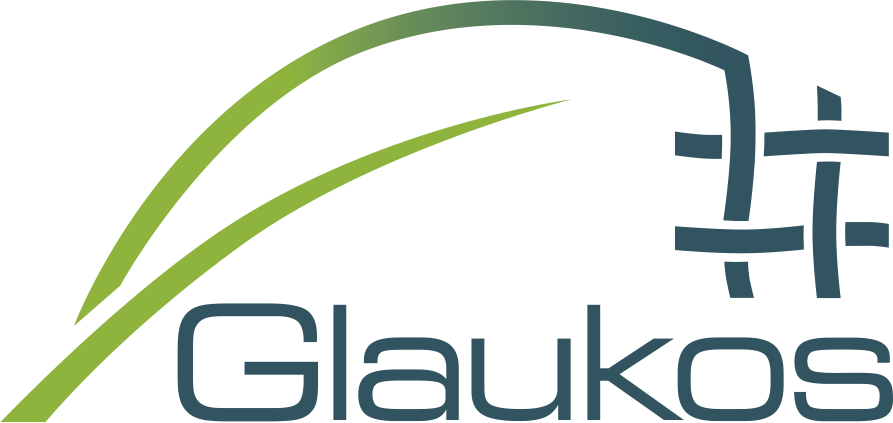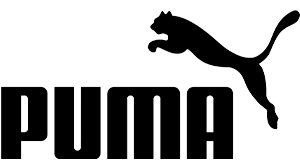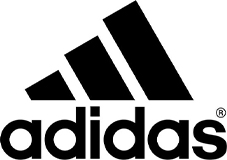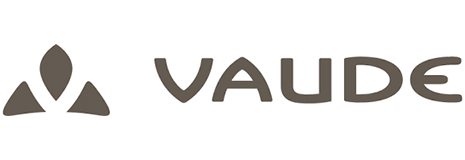Glaukos
New biobased and biodegradable fishing nets and textiles.
Vegan Leather is a member of CrossRoads2: Sustainable Energy, which is financed by Interreg V Flanders-Netherlands, the cross-border cooperation programme with financial support from the European Regional Development Fund.
The Problem
Microplastics – conventional plastics that have turned brittle and broken into minuscule pieces – are almost invisible to the naked eye. Many of these microplastics enter the food chain via marine plankton, surreptitiously working their way up to the fish on your dish. Microplastics affect us all, and are getting under our skin. Literally.
-
Microfibres
-
Ghost Nets
-
Waste Disposal
A deeper dive into the problem
According to the EU, abandoned, lost, or discarded fishing gear accounts for almost for 20% of all marine waste found in the oceans today. In absolute terms: 640 kilo tonnes of EU fishing gear which is lost or discarded at sea finds its way into our oceans every year. The marine debris converge through the natural currents of the ocean forming garbage patches. Almost 46% of waste within the Great Garbage Patch in the Pacific Ocean is reported to be fishing nets.
The major issue the fishing industry is facing is the fact that once the fishing gear is damaged or lost, they do not degrade in a marine environment! Even worse, they break down into smaller parts and find their way into the food-chain.
The Solution
We are challenging ourselves to understand under which conditions and via which intermediates the degradation proceeds in which habitats. The architectural design of the polymer backbones finetunes the degradation speed in balance with the material strength, to safeguard a more sustainable future. Together with our partners in public-private research, we are designing molecular tools to degrade polymers by implementing cleavable linkages. These linkages are designed to be cut by micro-organisms in nature, or by their catalysts: enzymes. Moreover, the development of new materials presents the opportunity to design the fishing nets in such a way that not only can they be recycled when collected but mineralize to biomass and biogas if they are lost.
A deeper dive into the solution
Based on its library of BioBased Building Blocks (B4), B4Plastics balances out the strongest materials possible that are biodegradable. But we take it a step further: we prepare ourselves and this world to understand under which conditions and via which intermediates the degradation proceeds. The architectural design of the polymer backbones regulates the degradation speed and pathway in balance with material strength, to safeguard much more sustainable products from these new materials.
In complement with our partners in public-private research projects, we use our molecular design tools to degrade polymers by incorporating cleavable linkages. These linkages are degraded by micro-organisms in nature, a process that we mimick in our laboratories at B4Plastics. In the Glaukos project, we mobilize these tools for the development of new materials allowing a much better recyclability of fishing nets that have reached the end of their lifetime, and at the same time neutralize the harming effects of those that are lost and get worn out in our marine ecosystems.
The aim is that ghost nets, which pinch and capture sea animals around their hydrodynamic bodies, lose strength by our molecular architecture after a controlled timelapse, so that the animals can liberate themselves and return to their full capacity and retake their ecological role in seas and oceans. In that sense, our envisioned Glaukos materials contribute to supporting biodiversity in our marine and land life on the planet, via advanced ecological fishing gear and textiles.

The Value Chain
Steps in the value chain
Raw material production
Manufacture
and use
Disposal
-
1
Raw Material
-
2
Monomer production
-
3
Polymer production
-
4
Plastic conversion
-
5
Production of plastic products
-
6
Use
-
7
Collection/ sorting and recycling
-
8
End of life
Frequently Asked Questions
-
Can we buy Glaukos materials now?
At the moment, we are still developing Glaukos polymers, and are at TRL 3-4 in our R&D process. This means that it is still too early for us to distribute finalized products.
-
When can we buy Glaukos materials?
We envision to develop the first prototypes for the Glaukos project in 2022. The Glaukos project is predicted to finalize in 2023, after which the products will enter the market phase.
-
Where will Glaukos materials become available?
Glaukos addresses the global issues of fishing and textile industries: the initial launch is foreseen from Europe and will spread worldwide as soon as production capacity ramps up. This will be managed by our partners in the Glaukos consortium, and we recommend following Glaukos social media platforms for concrete updates on this: LinkedIn
-
Will Glaukos materials be expensive?
Glaukos materials will be comparable in cost to conventional fishing nets and lines, in order to be competitive but also accessible to all industrial stakeholders.
-
How can we reserve Glaukos prototype products for tests in our own test conditions?
Once we have developed the first prototypes, we will communicate it on all communication channels. You are welcome to get in touch with the Coordinator or Dissemination manager for further information.
-
How can our company become involved in the Glaukos project?
We encourage you to join our stakeholder labs, where Glaukos partners communicate directly with key industrial and commercial stakeholders on how to best work together. Here, we can address your questions and concerns, and can incorporate the insights gained into our research and development. We look forward to hearing from you!
Be involved in Glaukos as Stakeholder
Or follow us on social media:
-
Can you already say if it is easier to bio-recycling a fishing net or a textile?
Not yet. The bio-recyclability depends on many factors. These include technical factors such as the polymer used for the fibre, coating, and coloring, but also economic and logistical factors such as the collection logistics of end-of-life materials and the price of the envisioned recyclate.
The Glaukos project receives funding from the Bio-Based Industries Joint Undertaking under the European Union’s Horizon 2020 research and innovation programme under Grant Agreement No. 887711.








